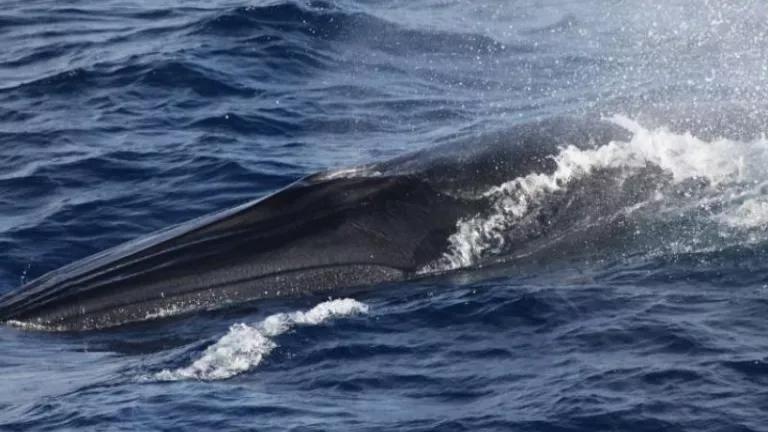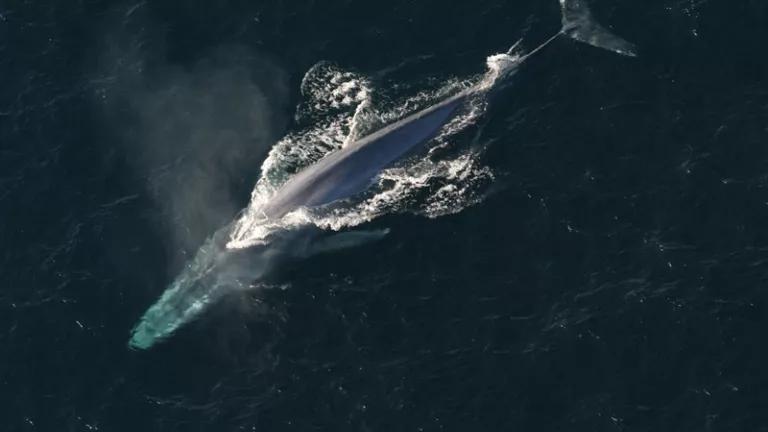Less than one year after the largest oil spill in American history was contained, the federal government has granted preliminary approval of Shell Oil’s plan for drilling in the harsh and remote conditions of the Arctic Ocean.
This move disregards the recommendations of the National Commission on the Deepwater Horizon Oil Spill and Offshore Drilling to close the research and response gaps that exist in the Arctic before deciding whether drilling can safely proceed.
It also ignores the scientific consensus that drilling in the Arctic presents significant risk to the region’s communities, economy, and marine life.
It took five months to kill BP’s ruptured oil well in the Gulf of Mexico, even though it occurred in a well charted body of water near a heavily populated coastline, in a warm climate, and close to thousands of available cleanup vessels.
The Arctic has none of those features. The region is dominated by extreme cold, dense fog, and long periods of darkness. Much of the year it is covered by ice, which could trap oil in the ice and water for months a time. Each one of those elements would make a spill response effort more challenging, but they are compounded by remoteness.
The area around the Beaufort Sea where Shell plans to drill has few roads, shipping ports, or airports. The Coast Guard oversees spill response, yet the closest Coast Guard base to the leasing sites is 1,000 miles away. Two of the Coast Guards polar icebreaking vessels are not even operational, leaving them with only one. Bringing rescue crews and clean up equipment to the Arctic environment would be a staggering challenge. And even if we could get them there, we still do not know how to clean up oil in broken ice.
Nor do we know what a spill would do to the Arctic marine environment. Very little research has been done yet in these waters; we have only a narrow body of research focusing on just a few species. Until we have more information in hand, federal agencies cannot make a sound judgment about when and where drilling in the Arctic Ocean is safe.
The Arctic is the last wild ocean on Earth. Instead of plunging ahead using the same old practices, we should apply lessons learned from other waters, including the Gulf of Mexico.
I served on the National Commission on the Deepwater Horizon Oil Spill and Offshore Drilling, and during my tenure, I heard federal officials testify that they lacked the money, staff, and expertise to ensure offshore oil rigs were following the rules. And I heard oil executives admit that the industry lacked a rigorous safety culture and best practices for operating in the offshore environment.
Government agencies have since made some reforms, but they still have more work to do. The same is true for the oil industry as well. Meanwhile, Congress has not passed a single law to strengthen environmental and worker safety standards in the wake of the Deepwater Horizon disaster.
By allowing drilling into the Arctic Ocean before the government and the industry have addressed the failures that led to the Deepwater Horizon blowout, the Bureau of Ocean Energy Management, Regulation and Enforcement is taking a dangerous gamble. Residents, fishermen, business owners and all the people who love the Gulf of Mexico can tell us who pays the price for such recklessness.
This stretch of sea belongs to the American people—not to the government and not to the oil industry—and it should be managed with greater respect for its marine riches and coastal communities.



